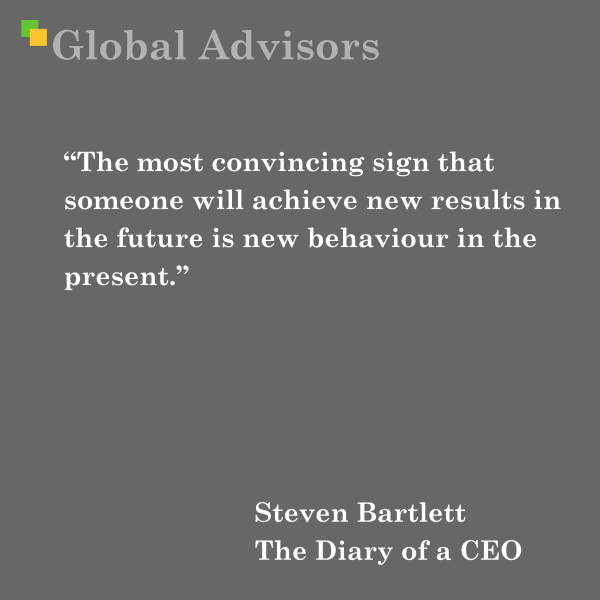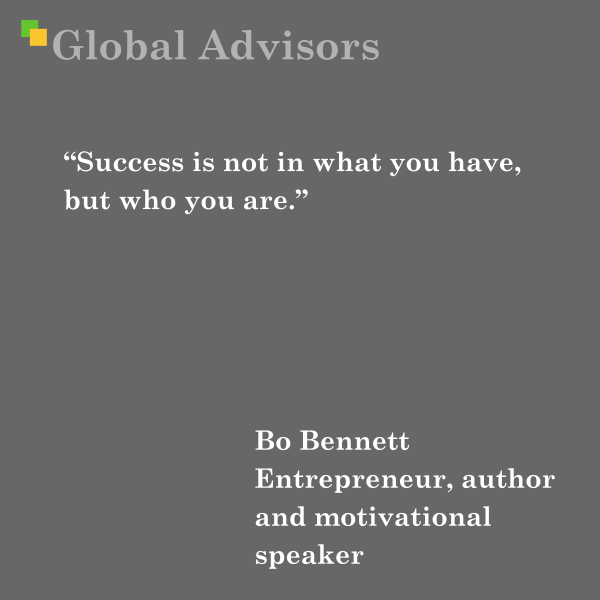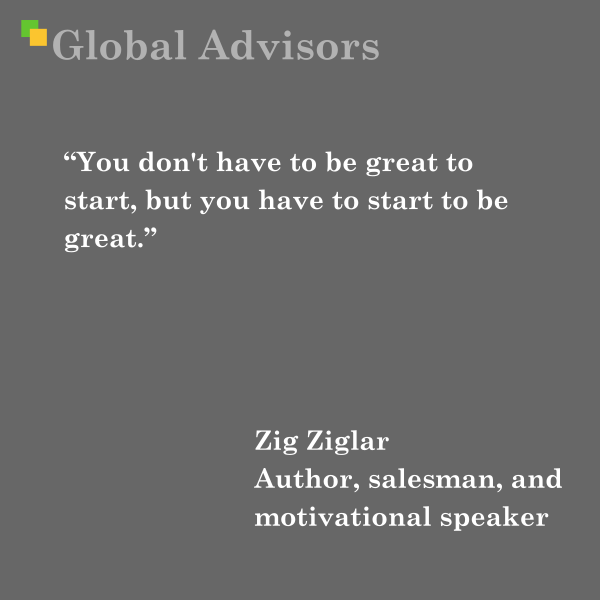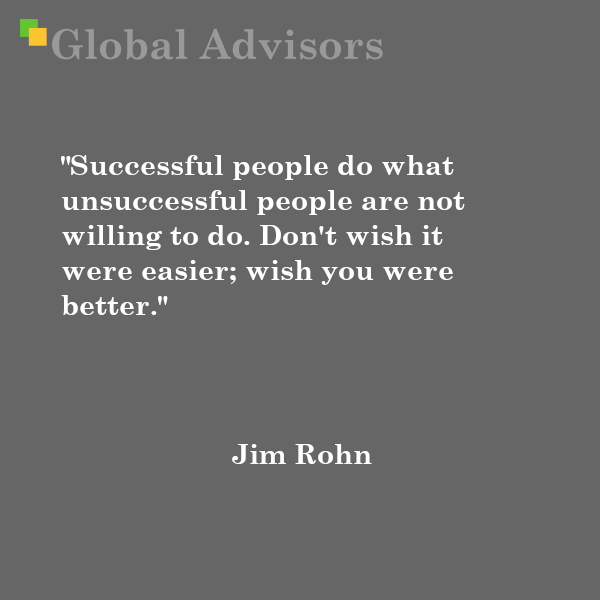“You do not rise to the level of your goals, you fall to the level of your systems.” – James Clear – Atomic Habits
lasting success emerges not from setting ambitious goals, but from designing robust systems that shape daily behaviours. This approach transforms “goal-setting” from a matter of aspiration to one of sustainable execution.
The Quote: Context & Meaning
This quote appears in Atomic Habits (2018), Clear’s widely influential book on behaviour change and personal development. In the book, Clear argues that while goals are useful for providing direction, they are not sufficient to drive results. Instead, he suggests that the systems—the routines, processes, and environments that shape behaviour—are what ultimately determine outcomes. Clear’s key insight is that:
- Systems govern repeated actions; goals only set ambitions.
- Focusing on systems ensures consistent, incremental progress.
- Individuals and organisations, therefore, achieve or fail not from the lofty goals they set, but from the quality and design of their everyday systems.
He illustrates this with practical examples, such as habit loops (cue, craving, response, reward) and the “1% better every day” philosophy, emphasising that meaningful change results from continuous, small improvements, not heroic isolated efforts.
James Clear: Backstory
James Clear is an American author, entrepreneur, and advocate for evidence-based self-improvement. With a background in biomechanics and years spent researching psychology and behavioural science, Clear built a career distilling complex academic insights into actionable strategies for individuals and organisations.
Key facts:
- Background: Clear’s academic training in biomechanics lent rigor to his exploration of habit formation.
- Writing: Beginning with his popular blog, Clear later synthesised his findings into Atomic Habits, which became an international bestseller and has been translated into dozens of languages.
- Research focus: Clear has concentrated on how environment, identity, and systems influence behaviour, drawing on clinical studies, psychology, and practical experimentation.
Clear’s work is valued for its blend of scientific credibility and pragmatic applicability, appealing both to high-performers in business and sports and individuals seeking personal growth.
Leading Theorists: Development of the Field
James Clear’s approach builds on and synthesises decades of behavioural and psychological research:
-
B.F. Skinner (1904–1990)
- Behaviourism pioneer, introduced operant conditioning.
- Developed the principle of reinforcement—actions followed by rewards are repeated, forming habits.
- His work underpins the understanding of cues and rewards central to Clear’s habit loop.
-
Charles Duhigg
- Author of The Power of Habit (2012).
- Popularised the “habit loop” model: cue, routine, and reward.
- Duhigg’s framework provided a foundation on which Clear elaborates, adding practical strategies for system design and identity change.
-
BJ Fogg
- Professor at Stanford, founder of the Behaviour Design Lab.
- Developed the Fogg Behaviour Model: behaviour arises from motivation, ability, and prompt.
- Advocates tiny habits and environmental engineering—theorising that minute changes in routine are most effective for long-term behaviour change.
-
Albert Bandura
- Social cognitive theorist, defined the concept of self-efficacy.
- Demonstrated how beliefs about personal ability impact behaviour—these beliefs shape system design.
-
James Prochaska & Carlo DiClemente
- Developers of the Transtheoretical Model of Behaviour Change.
- Described behaviour change as a staged process encompassing precontemplation, contemplation, preparation, action, and maintenance.
Each theorist has contributed frameworks that reinforce Clear’s central thesis: lasting, repeatable change depends less on what people aspire to, and more on how they build and manage their systems.
Application & Implications
- For individuals: This insight redirects effort from obsessing over outcomes to optimising habits and routines.
- For organisations: It recasts strategy. Culture, processes, and systems—not just ambitions—determine execution capacity and resilience.
Adopting Clear’s principle encourages a shift from superficial goal-setting to building the underlying architecture for sustainable excellence.
In sum: The quote encapsulates a paradigm in behavioural science—systematic small improvements, compounded over time, eclipse even the most ambitious goals . This realisation continues to influence leaders, coaches, and strategists globally.

















